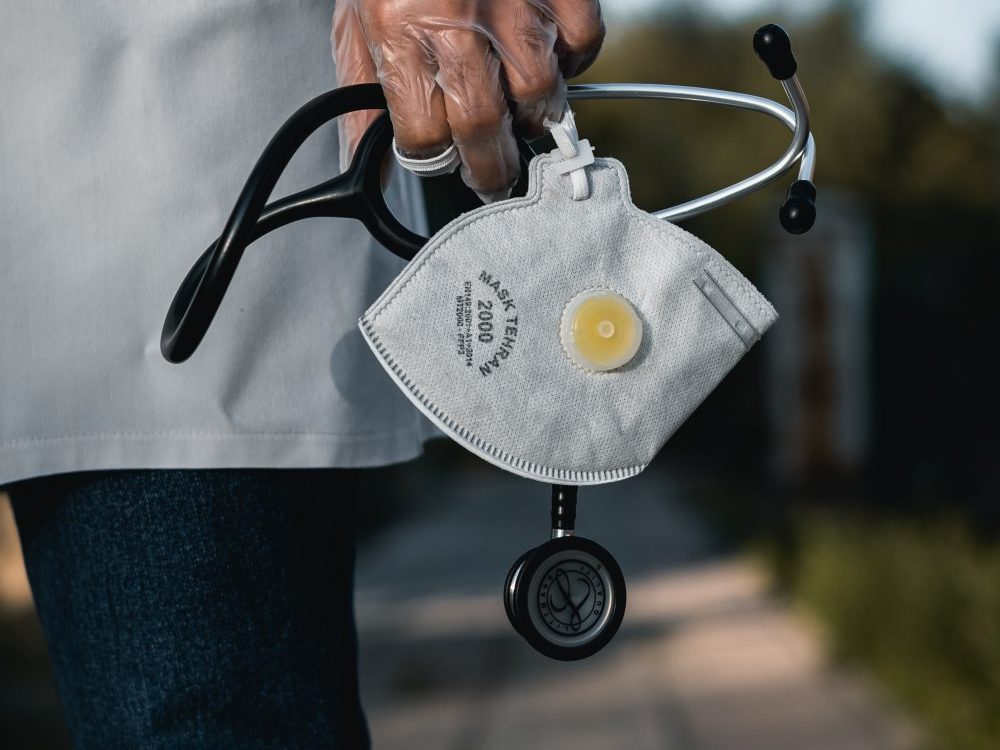It’s the news we all feared was coming. After weeks of watching dystopian scenes of countries in lockdown, this evening, the UK has followed suit.
Having given what many critics had derided as wooly guidance over the last fortnight, advising people to stay at home whilst simultaneously allowing shops and, until late last week, restaurants and bars, to stay open, tonight, Boris Johnson drew a line in the sand.
“From this evening I must give the British people a very simple instruction – you must stay at home,” he warned.
It was a Boris we have not seen before. Straight-faced, sombre, still bedraggled but with a new seriousness, he intoned, “The critical thing we must do is stop the disease spreading between households.” That is why people will only be allowed to leave their home for the following very limited purposes:
• Shopping for basic necessities, as infrequently as possible
• One form of exercise a day – for example a run, walk, or cycle – alone or with members of your household
• Any medical need, to provide care or to help a vulnerable person
• Travelling to and from work, but only where this is absolutely necessary and cannot be done from home
“That’s all – these are the only reasons you should leave your home.”
In case that leaves you in any doubt, he added, “You should not be meeting friends. If your friends ask you to meet, you should say, ‘No’. You should not be meeting family members who do not live in your home. You should not be going shopping except for essentials like food and medicine – and you should do this as little as you can, and use food delivery services where you can.
“If you don’t follow the rules the police will have the powers to enforce them, including through fines and dispersing gatherings.”
Time to isolate
He also confirmed, for the first time, that all gatherings, including weddings and baptisms, were to stop, announcing the closure of churches and other places of worship, as well as outdoor gyms, libraries and playgrounds.
And in his first personal appeal to the nation since this crisis hit UK shores, Johnson stressed that while he understood how disruptive these measures would be to the lives of ordinary people, it was essential in order to “flatten the curve”.
“In this fight we can be in no doubt that each and every one of us is directly enlisted. Each and every one of us is now obliged to join together. To halt the spread of this disease. To protect our NHS and to save many many thousands of lives.
“And I know that as they have in the past so many times, the people of this country will rise to that challenge. And we will come through it stronger than ever. We will beat the coronavirus and we will beat it together.”
It is inevitable that the response will find criticism. There will be those who say it has come too late, though it is clear that the government had hoped its previous, less draconian advisory approach, might be heeded more widely. Britain’s packed parks on the weekend just proved that hope wrong.
There will also be those who argue that this goes too far, that people will not obey. On that front, we just have to wait and see.
What is clear though is that, now that the big question about civil liberties has been answered, countless more questions remain unanswered. What about companies who are still forcing staff to work? Will there be more support for the self-employed than has already been announced? And will efforts now be focussed on ensuring the NHS has all the tools it will need at its disposal when – and it seems now, more than ever, that we are dealing with ‘when’ rather than ‘if’ – the number of cases reaches the thousands and beyond?
For those answers, we will have to sit and wait. But let’s be honest. As of tonight, we have little else to do.









